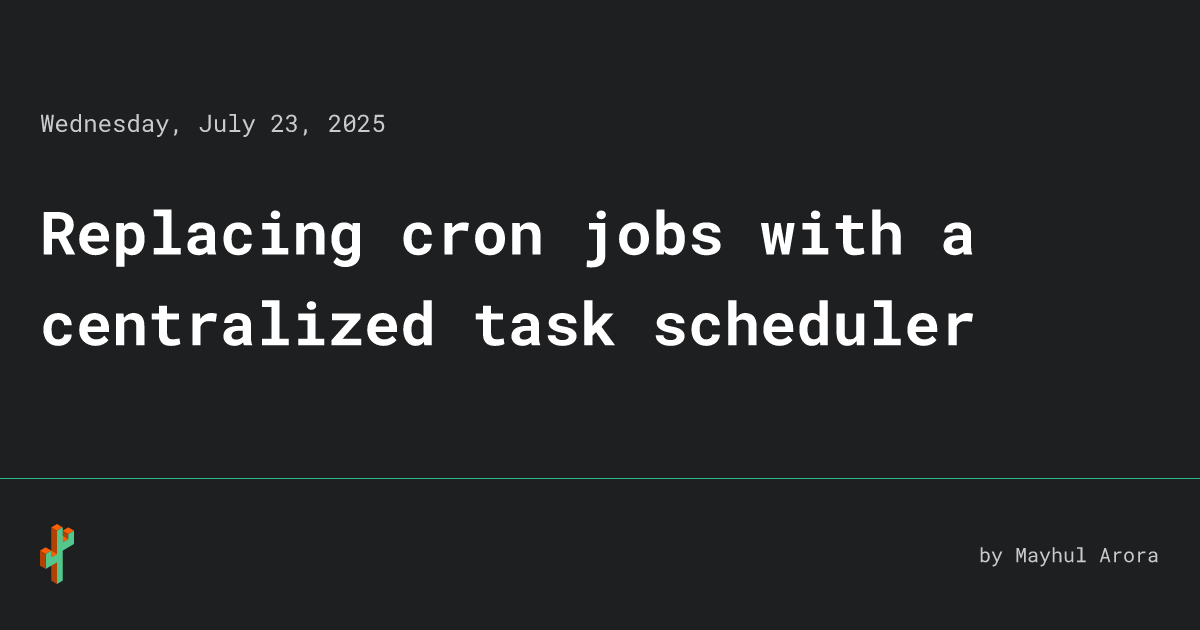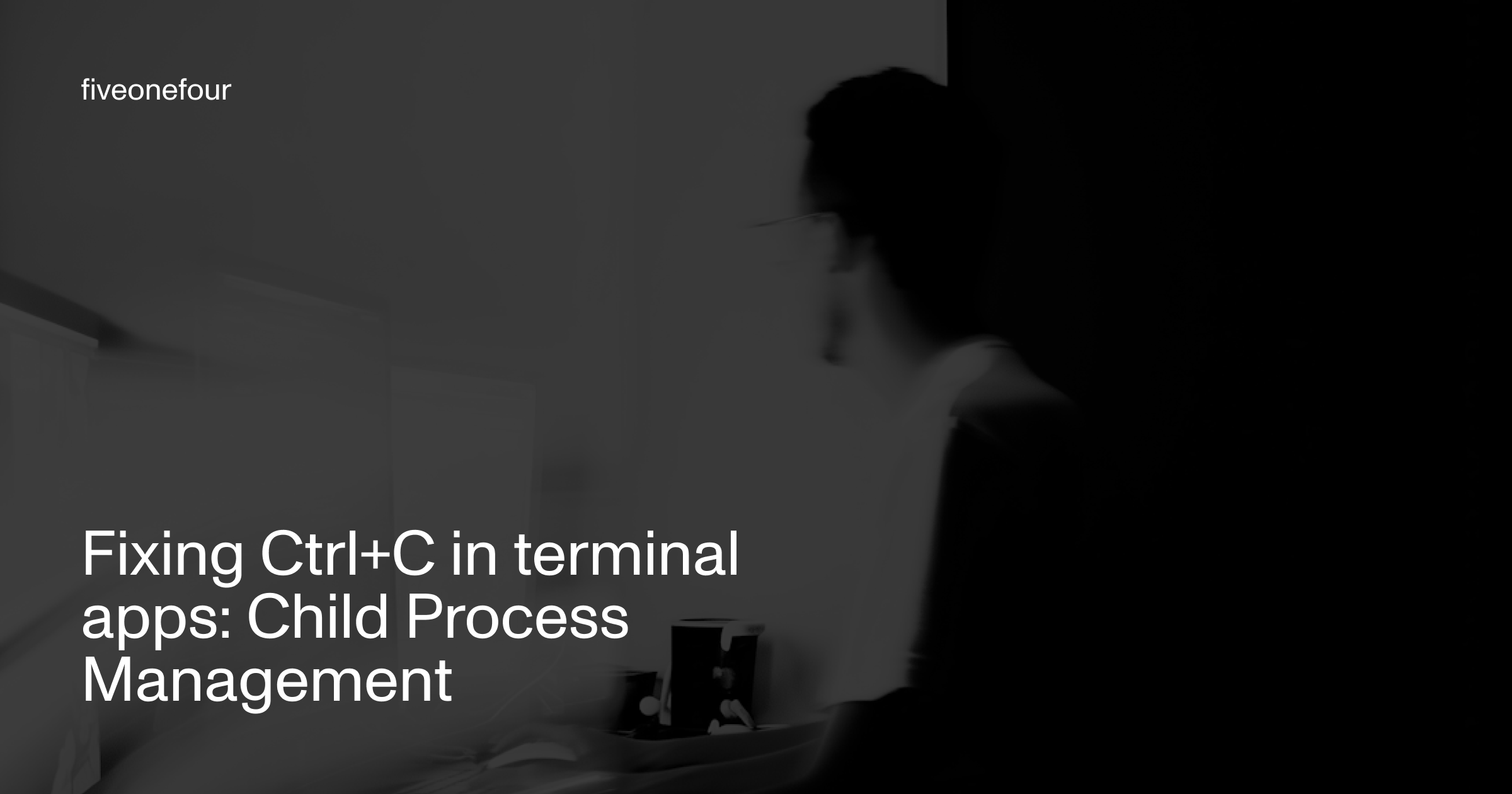I Couldn't Submit a PR, So I Got Hired and Fixed It Myself

For over a year, a race condition in Mintlify's search caused wonky results. As the founder of Trieve, the company powering their search, I tried submitting a PR to fix it but failed. Finally joining Mintlify, I added an AbortController to the debounced search function, solving the issue and making search results consistently relevant. This experience highlighted the power of open source and the satisfaction of directly fixing a persistent problem.










